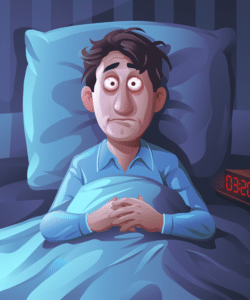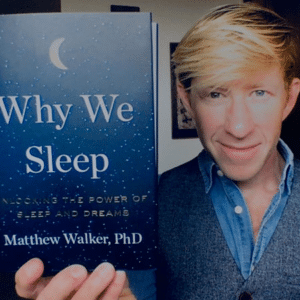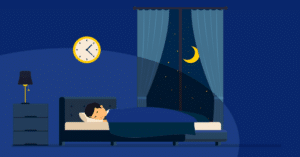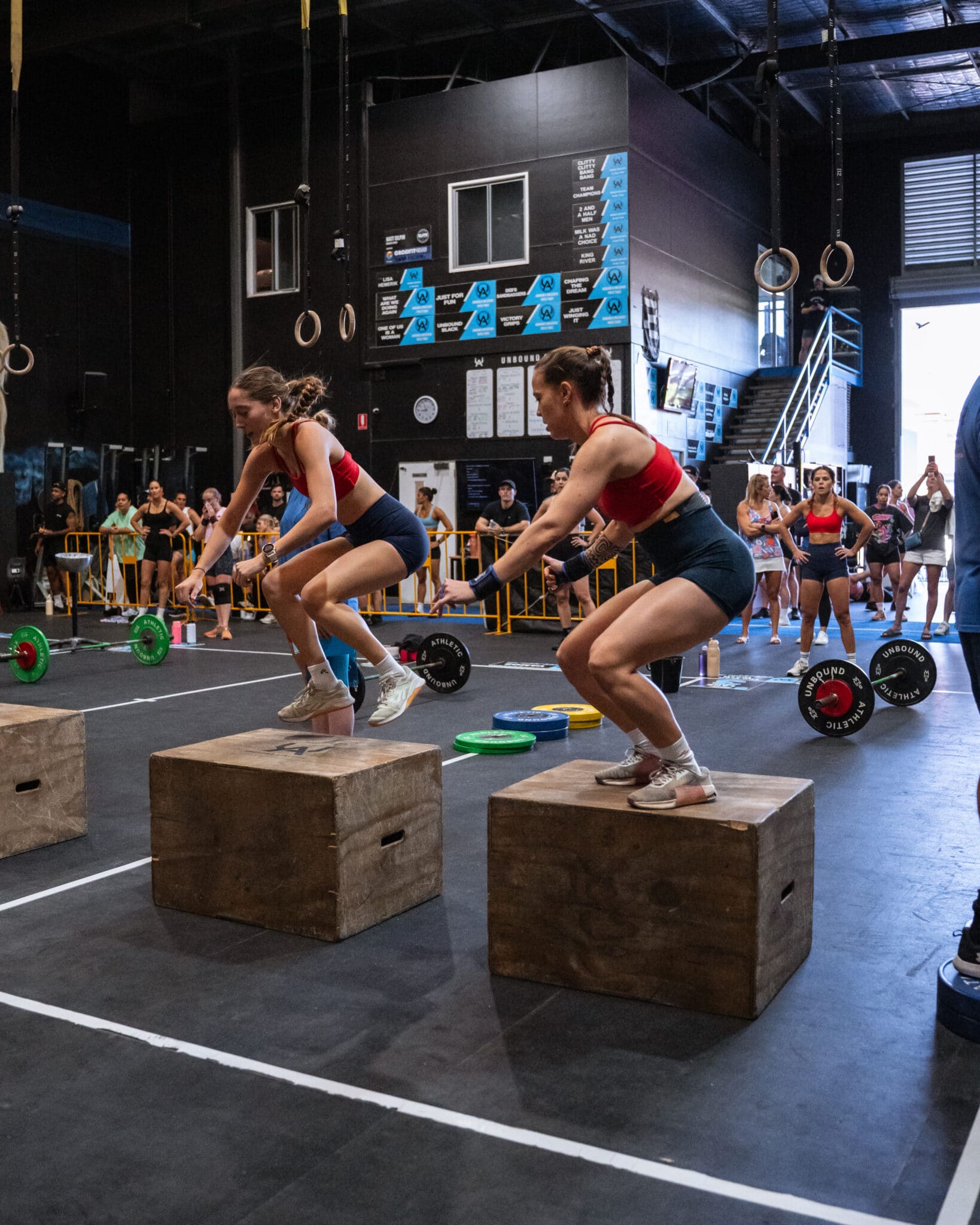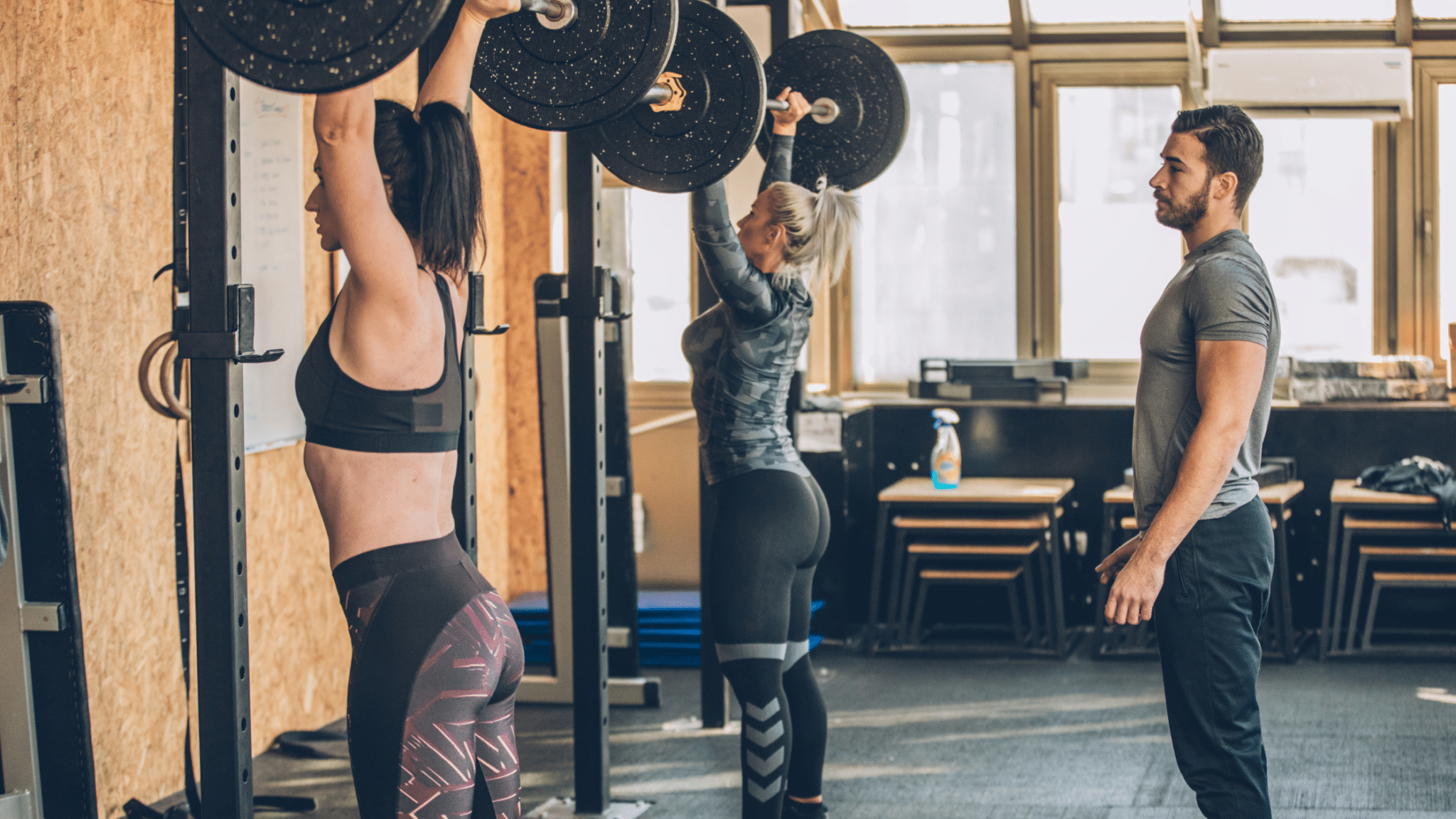Stick to a sleep schedule
- Go to bed, wake up at the same time every day!
- We are creatures of habit, meaning that we thrive off waking up, and going to sleep at the exact same time each day. Weekends can be a massive sleep cycle breaker for many average people, as they tend to stay up later on the friday night, and sleep in on the saturday/sunday mornings. This is why it makes it so hard to sleep on a monday. Because now you’ve pushed your Circadian rhythm back 2-3 hours, your body is NOT used to falling asleep at your normal 9PM.
- If you’re going to stay up, still wake up at the same time as your normal work schedule, and if you want a longer sleep, instead of sleeping in, go to bed 30 minutes earlier, and nap at midday!
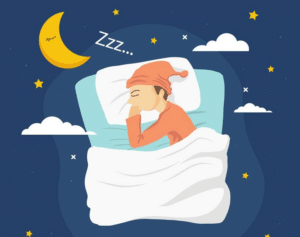
- 30 Minutes Daily, but not within 2-3 hours of bed.
- Exercise has so many benefits for our bodies, it can improve cardiovascular health, muscle and bone density, improve focus, and much more! But exercise can also demand rest from the body, in the form of sleep!
- Getting in at least 30 minutes of exercise a day will be vital, but don’t exercise too close to bed, as the stimulation can keep you awake like a morning cup of coffee
- Caffeinated beverages like coffee and tea can be a great way to stimulate the brain and get that kick that’s needed. Drinking coffee too early however, blocks adenosine, a chemical opposite of melatonin, that signals to the brain that it’s time to wake
- Don’t consume caffeine 90 minutes after waking
- Consume it too late, and you will struggle to sleep, or have quality sleep
- No Caffeine within 8 Hours of Bed (Sleep at 8pm, cut off is 12pm)
- Having a nightcap or alcoholic beverage before sleep may help you relax, but heavy use robs you of REM sleep, keeping you in the lighter stages of sleep.
A light snack is okay, but a large meal can cause indigestion, which interferes with sleep. Drinking too many fluids at night can cause frequent awakenings to urinate.
- If you are planning to drink, try to have it earlier in the day. Lunchtime drinks are far more effective because the alcohol will leave the system before going to bed.
- Medicine can disturb your sleep, asking your doctor or chemist exactly what’s in the medicine. Lots of pills and liquids can contain caffeine and other stimulants like codeine, that can affect your sleep.
- Melatonin can be a great medication to help stimulate the onset of drowsiness before bed, relying on it, however, can stop your body’s natural production of melatonin, which will in the long term, affect your sleep!
Naps can help make up for lost sleep, having a nap can be a great way to build focus, and improve cognitive ability, but late afternoon naps can make it harder to fall asleep at night. Avoid having naps after 3pm so that your sleep habits are in check
It’s easy to get busy in the modern world, with life being so full on, it can be hard to settle down before bed. Set yourself 30-45 minutes before bed.
Additionally to setting yourself time before bed, you can take a hot shower before bed.
The drop in body temperature after getting out of the bath may help you feel sleepy, and the bath can help you relax and slow down so you’re more ready to sleep.
Gadgets that emit blue light can block the natural onset of melatonin
If your room is too bright, it can be hard to fall asleep
Having the room too hot can make you uncomfortable
- Having blockout blinds to darken the room, covering gadgets that emit light, and drop the room temperature to 18 degrees
Daylight is key to regulating daily sleep patterns. Try to get outside in natural sunlight for at least thirty minutes each day. The added sun exposure will release the chemical adenosine, which wakes you up early, and helps you to release melatonin early in the night
- Sometimes going to sleep can be difficult, the mind can run at a thousand miles an hour and it can be difficult to sleep. Lying aimlessly in bed, thinking about why you can’t sleep will make sleep even more difficult! 20 Minutes is the cap for the amount of time trying to sleep, if after 20 minutes with no success for sleep, get up and do something that doesn’t stimulate you
- Stretch for 20 minutes
- Read a book
- Do some chores that will set you up for tomorrow
- And then try to go to sleep again
Adding even 1 of these 12 tips to your routine can help massively improve your quality of sleep, which in turn will make you a better athlete!
Thanks
Coach | Beast | Trainer
Disclaimer
We are a functional fitness facility and understand we have biases like everyone else, we have attempted to be as objective as possible when creating this guide. Understand that what is valuable to one person may not necessarily be valuable to another. Thought and planned out choices always lead to better decisions. It is ok to invest in yourself and you can create your own change, you are always in control just take the wheel. If you have ay questions about Personal Training, get in touch with us today. We are happy to help!
Have you seen our other blogs?
Men Don’t Do Coffee & Cry — But We Will Squat, Camp & Get Stuck in the Mud
Rethinking Men’s Mental Health Through Shared Struggle and Real Connection...
Read MoreHybrid Fitness in Brisbane
🏋️♂️ Hybrid Fitness in Brisbane: How Unbound Athletic Has Led...
Read MoreOzempic and It’s Effect in Fitness Industry
Gyms Are Not Dead – They’re Just Evolvin In 2024...
Read MoreHow We Program For CrossFit
“Workout of the Day” Edition Fun Fact: At Unbound Athletic,...
Read More
